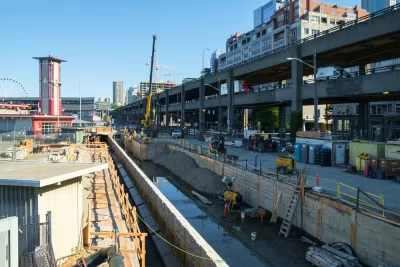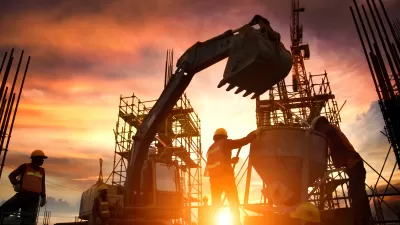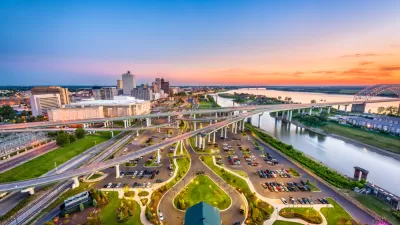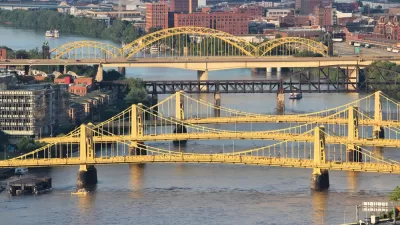A low unemployment rate means major investments by the federal government could ultimately harm the economy.

Tales of American’s failing infrastructure are not new, but, in recent months, they do seem to have increased in number and become more urgent in tone.
That does not, however mean that it’s the right moment to invest in major projects, writes Evan Horowitz at FiveThirtyEight, because “[w]hile inking an infrastructure deal is tricky under the best of circumstances, now is a particularly bad time — because the economy is just too strong.”
That’s because infrastructure spending (and the corresponding creation of jobs) benefits the economy when the government is providing jobs to the unemployed, but not when workers are leaving one job for another.
“[I]n today’s economic climate, where unemployment is nearing a 50-year low, even a massive infrastructure bill would likely generate only a trivial number of new jobs. Instead, the government would have to fill its construction crews by poaching private-sector workers, which could potentially create an inflation-generating war for scarce workers and neutralize many of the economic benefits commonly associated with large-scale government spending.”
Of course, for anyone living with failing infrastructure, or anyone in desperate need of a project with soaring costs, how the Federal Reserve feels about the unemployment rate does not feel particularly relevant.
Even if it means risking a negative impact on the economy, Horowtiz writes, "that still leaves one perfectly good reason to support such spending: It improves America’s crumbling infrastructure. But skeptics can point to the economic risks as a reason to say, yet again, ‘Let’s fix our infrastructure some other time.'"
FULL STORY: America May Finally Be Ready To Fix Its Infrastructure. Too Bad The Timing Stinks.

Alabama: Trump Terminates Settlements for Black Communities Harmed By Raw Sewage
Trump deemed the landmark civil rights agreement “illegal DEI and environmental justice policy.”

Study: Maui’s Plan to Convert Vacation Rentals to Long-Term Housing Could Cause Nearly $1 Billion Economic Loss
The plan would reduce visitor accommodation by 25% resulting in 1,900 jobs lost.

Planetizen Federal Action Tracker
A weekly monitor of how Trump’s orders and actions are impacting planners and planning in America.

Wind Energy on the Rise Despite Federal Policy Reversal
The Trump administration is revoking federal support for renewable energy, but demand for new projects continues unabated.

Passengers Flock to Caltrain After Electrification
The new electric trains are running faster and more reliably, leading to strong ridership growth on the Bay Area rail system.

Texas Churches Rally Behind ‘Yes in God’s Back Yard’ Legislation
Religious leaders want the state to reduce zoning regulations to streamline leasing church-owned land to housing developers.
Urban Design for Planners 1: Software Tools
This six-course series explores essential urban design concepts using open source software and equips planners with the tools they need to participate fully in the urban design process.
Planning for Universal Design
Learn the tools for implementing Universal Design in planning regulations.
Caltrans
Smith Gee Studio
Institute for Housing and Urban Development Studies (IHS)
City of Grandview
Harvard GSD Executive Education
Toledo-Lucas County Plan Commissions
Salt Lake City
NYU Wagner Graduate School of Public Service





























